|
The Kingdom of Kush was a major power for more than 2000 years in the region where, today, Sudan meets Egypt. Temples and sacred sites were a crucial part of Kushite life - and it was an accepted practice for visitors to these sites to carve graffiti to mark their presence. Suzanne Davis and Geoff Emberling explain what the ancient graffiti meant, and efforts being made to preserve it today.
After years of wrangling, the Indian parliament finally passed a law in July which criminalised talaq-i-biddat – the act of Muslim men instantly divorcing their wives by pronouncing the word “talaq” three times. Triple talaq can now be punished with a fine and three-year jail term. But the new law has divided Muslim women’s groups in India, writes Justin Jones, with some saying the penalties are unnecessary and others arguing
that they are the only real deterrent.
|
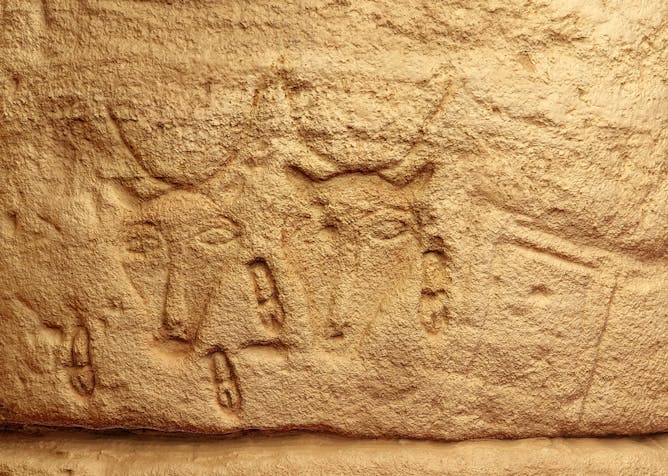
Graffiti bullheads carved on the temple walls.
RTI: Suzanne Davis and Janelle Batkin-Hall/IKAP, 2016
Suzanne Davis, University of Michigan; Geoff Emberling, University of Michigan
Visitors to these sites had one particular religious ritual that may strike some as strange: they carved graffiti in important and sacred places.
|
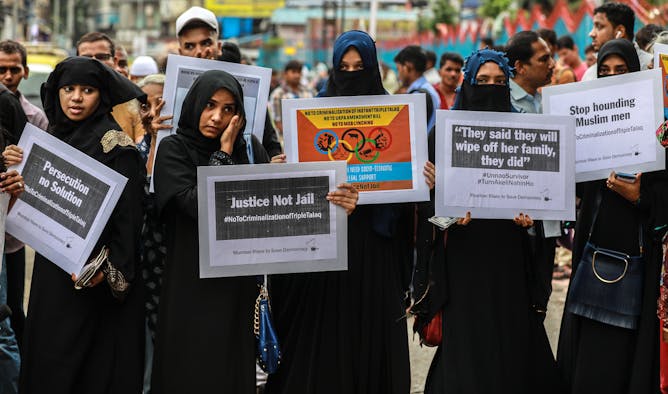
Protests by the All India Democratic Women’s Association in Mumbai against the new law.
Divyakant Solanki/EPA
Justin Jones, University of Oxford
The Indian government’s recent criminalisation of instant 'triple-talaq' divorce has stoked dispute among the very people it purports to protect: Muslim women.
|
Environment + Energy
|
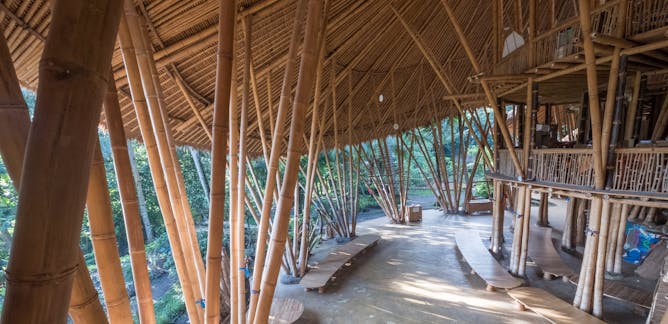
Davina Jackson, University of Kent
Bamboo has been used since ancient times for building, but only in recent decades has pioneering work in Bali inspired its wider use for substantial and enduring structures.
| |
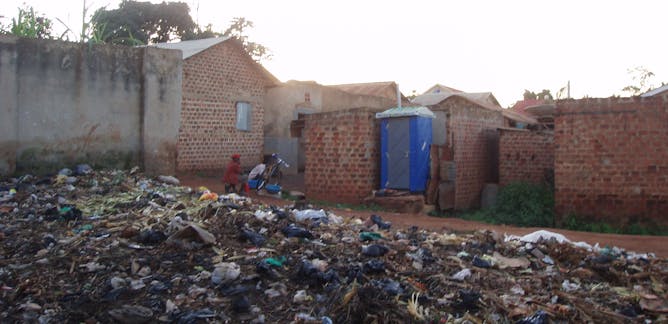
Shuaib Lwasa, Makerere University
Residents have come up with solutions to make usable products out of organic waste materials.
|
|
|
En français
|
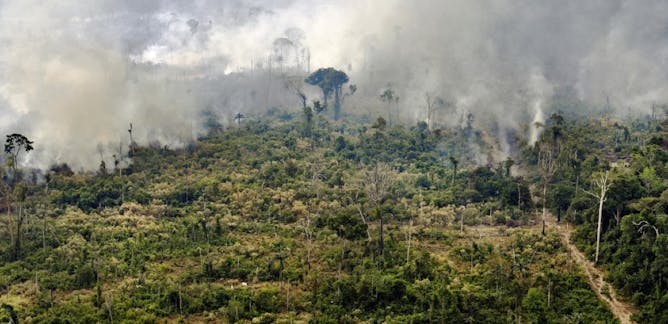
Marta Torre-Schaub, Université Paris 1 Panthéon-Sorbonne
De la difficulté de protéger à l’échelle mondiale des forêts essentielles à l’équilibre climatique global mais sous la tutelle d’États souverains.
| |

Cheryl Hendricks, Human Sciences Research Council; Gabriel Ngah Kiven, University of Johannesburg
Les anglophones du Cameroun souffrent d’une marginalisation flagrante et sont traités comme des citoyens de seconde zone par le gouvernement francophone.
|
|
|
Politics + Society
|
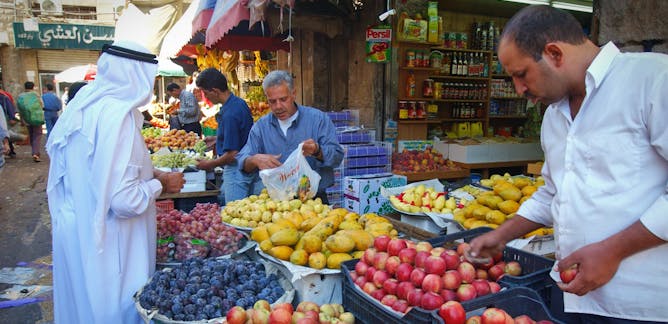
Jackline Wahba, University of Southampton
Jordan has a huge number of Syrian refugees and since 2016 it has let them legally enter the workforce.
| |
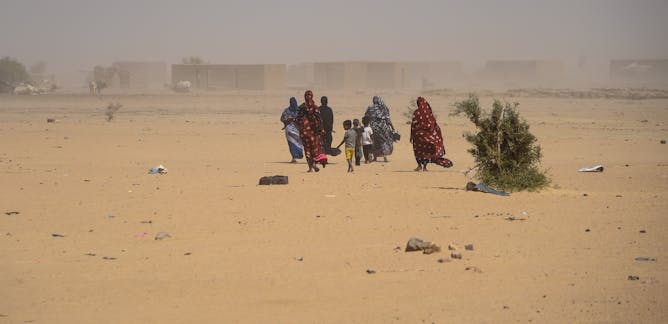
Christian Abadioko Sambou, Université de Lille
Given that some states are being asked to increase their presence in border and remote areas, free trade and free movement of goods and people could become a real cause for concern.
|
|
|
En español
|
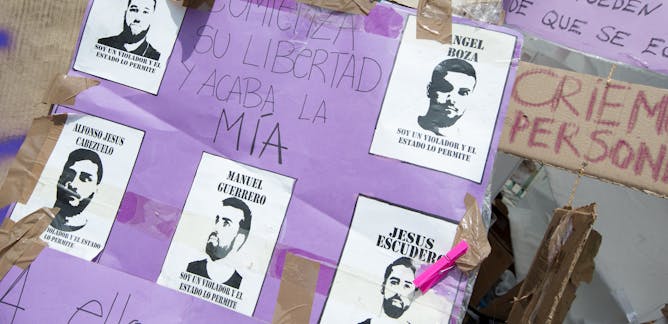
César San Juan, Universidad del País Vasco / Euskal Herriko Unibertsitatea
Aunque es difícil conocer la cifra exacta por el carácter social del delito, el número de casos de violaciones en grupo va mucho más allá de las conocidas "manadas". El perfil de estos violadores es, además, completamente distinto al de los violadores solitarios.
| |
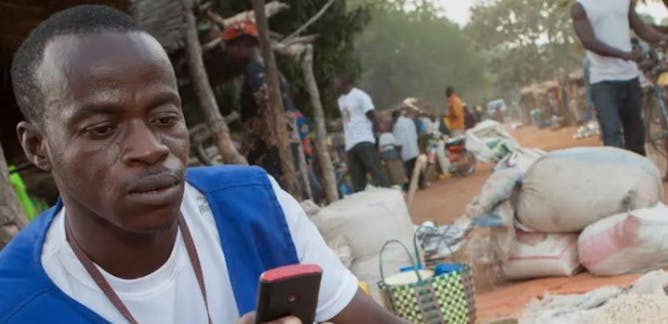
Abdul-Rahim Abdulai, University of Guelph; Emily Duncan, University of Guelph; Evan Fraser, University of Guelph
Se han dado pasos positivos para involucrar a los pequeños productores en la agricultura digital en África
|
|
|